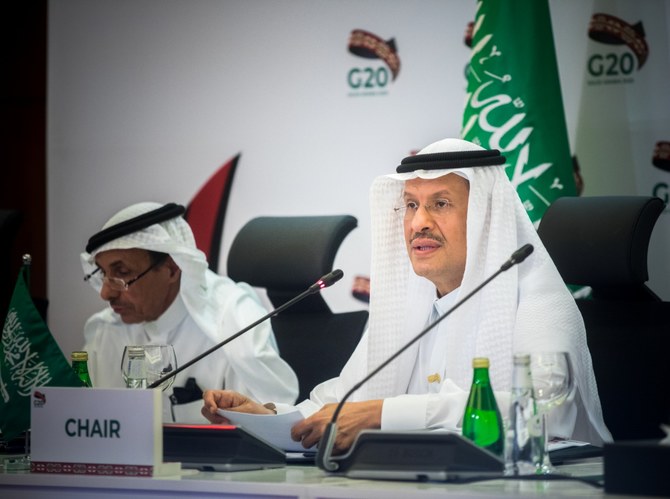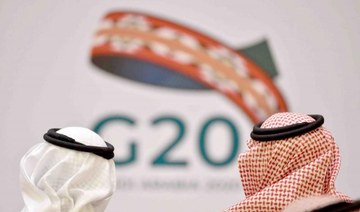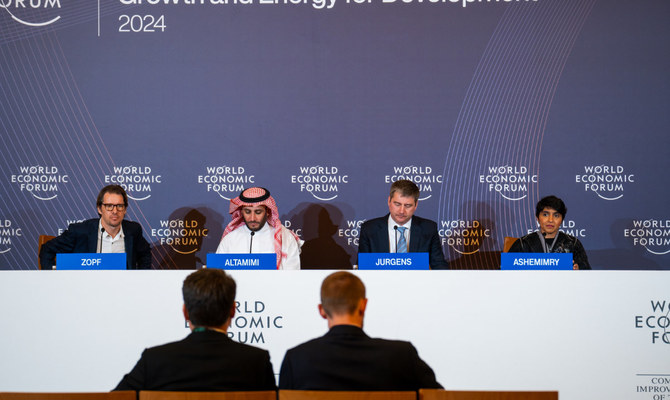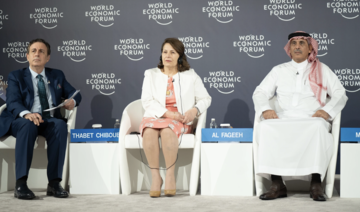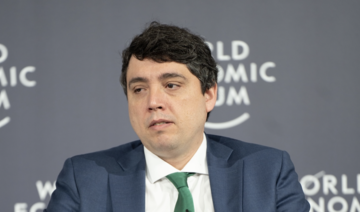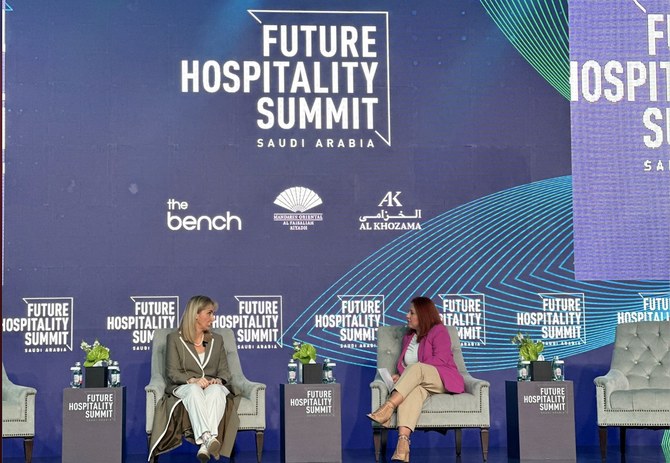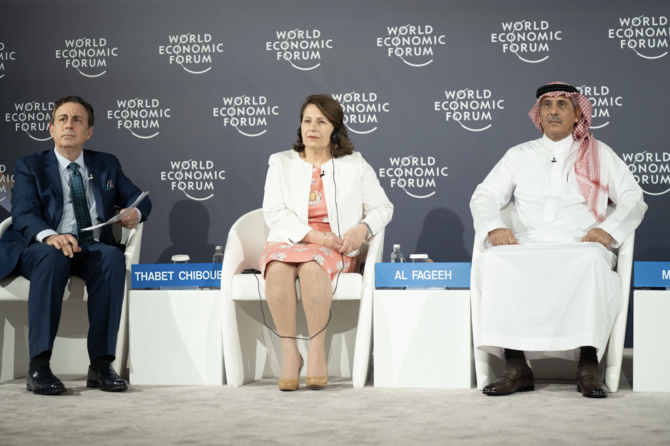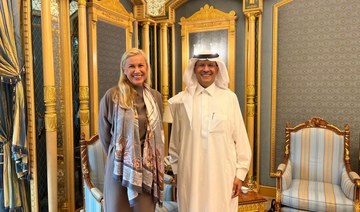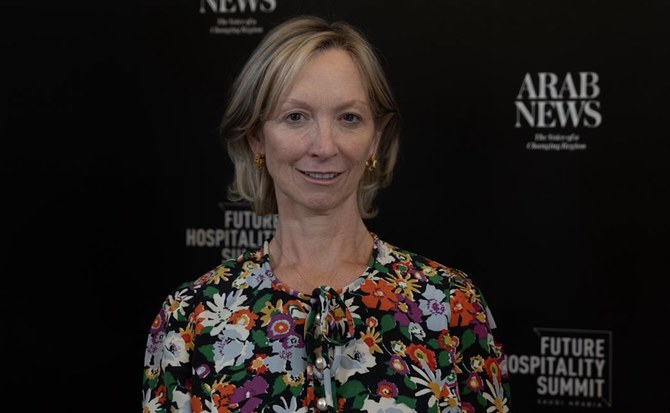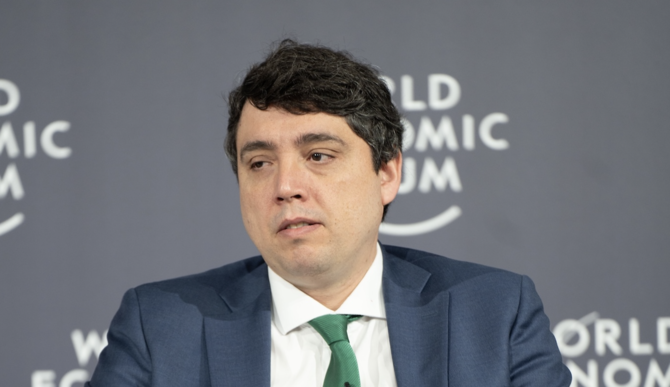RIYADH: The Saudi energy minister told a conference of the G20 group of the world's largest economies on Friday that ensuring affordable energy supply is key to facilitating a global economic recovery.
"Having affordable, reliable, accessible energy supply is considered a necessity to enable basic services, including health care, and help our efforts in assisting economic recovery," Prince Abdulaziz bin Salman said in an opening speech to a video-conference of the G20 energy ministers.
Saudi Arabia is currently the chair of the group.
The world's top oil nations pushed to finalise a deal on sweeping oil cuts at Friday's talks to lift prices slammed by the coronavirus crisis with Russia and Saudi Arabia making the biggest moves and the US showing unusual willingness to help out.
"A raft of measures on production cuts, aimed at market stabilisation, was agreed in the format of OPEC+... The G20 role is seen in comprehensive support of these efforts," Russian energy minister Alexander Novak said at the online conference.
Saudi Crown Prince Mohammed bin Salman and Russian President Vladimir Putin had a telephone call where they reviewed efforts to achieve stability of energy markets to support the growth of the gllobal economy and reaffirm the importance of cooperation between all producing countries, the Saudi Press Agency reported early Saturday morning.
How the meeting progressed can be followed below, all times in GMT.
18:11 - US President Donald Trump said on Friday that Mexico has committed to cuts in oil production of 100,000 barrels per day to help contribute to global reductions.
At a White House briefing on the coronavirus, Trump said the United States was helping Mexico with the cuts as he did not want to do anything to hurt US energy jobs.
15:30 - Saudi Arabia's energy minister used his address earlier on Friday to urge all G20 members, including Mexico and invited countries, to take appropriate and extraordinary measures to stabilize the market conditions based on the principles of fairness, equity, transparency and inclusivity.
14:45 - The Kremlin has said Russian president Vladimir Putin spoke over the phone with US President Donald Trump on the oil markets situation and specifically about the oil production cuts deal.
"President Trump and President Putin discussed the latest efforts to combat the coronavirus pandemic and maintain stability in global energy markets. The two leaders also covered critical bilateral and global issues," according to White House spokesman Judd Deere.
14:00 - The global oil production cut deal looks closer to being put into motion. Mexico had initially blocked the deal, but president Andrés Manuel López Obrador said Friday that he had agreed with US President Donald Trump that the US would compensate what Mexico cannot add to the proposed cuts.
13:35 - Russia's energy minister Alexander Novak tells the G20 energy ministers meeting that the role of the Group of 20 is to support the efforts of OPEC+.
13:25 - Arab News columnist Cornelia Meyer's Coronanomics looks at how the ongoing COVID-19 pandemic is affecting the world's economies - and Friday's instalment looks at the OPEC+ deal in more detail...
READ MORE: Focus: Stimulus packages and oil in turmoil

13:10 - The Kremlin has spoken up about Thursday's OPEC meeting, saying that all oil-producing countries agree that cooperation is needed to stabilize the market and that every benefits from the OPEC+ oil cuts deal.
The Kremlin statement added that it hoped Mexico would agree to join the OPEC+ production cuts announced on Thursday.
12:50 - Saudi Arabia's Energy Minister, Prince Abdulaziz bin Salman says during his address that the global coronavirus crisis means it is more vital than ever that reliable and affordable energy supplies are available to enable basic services, including health care, and to ensure the drive for economic recovery efforts.
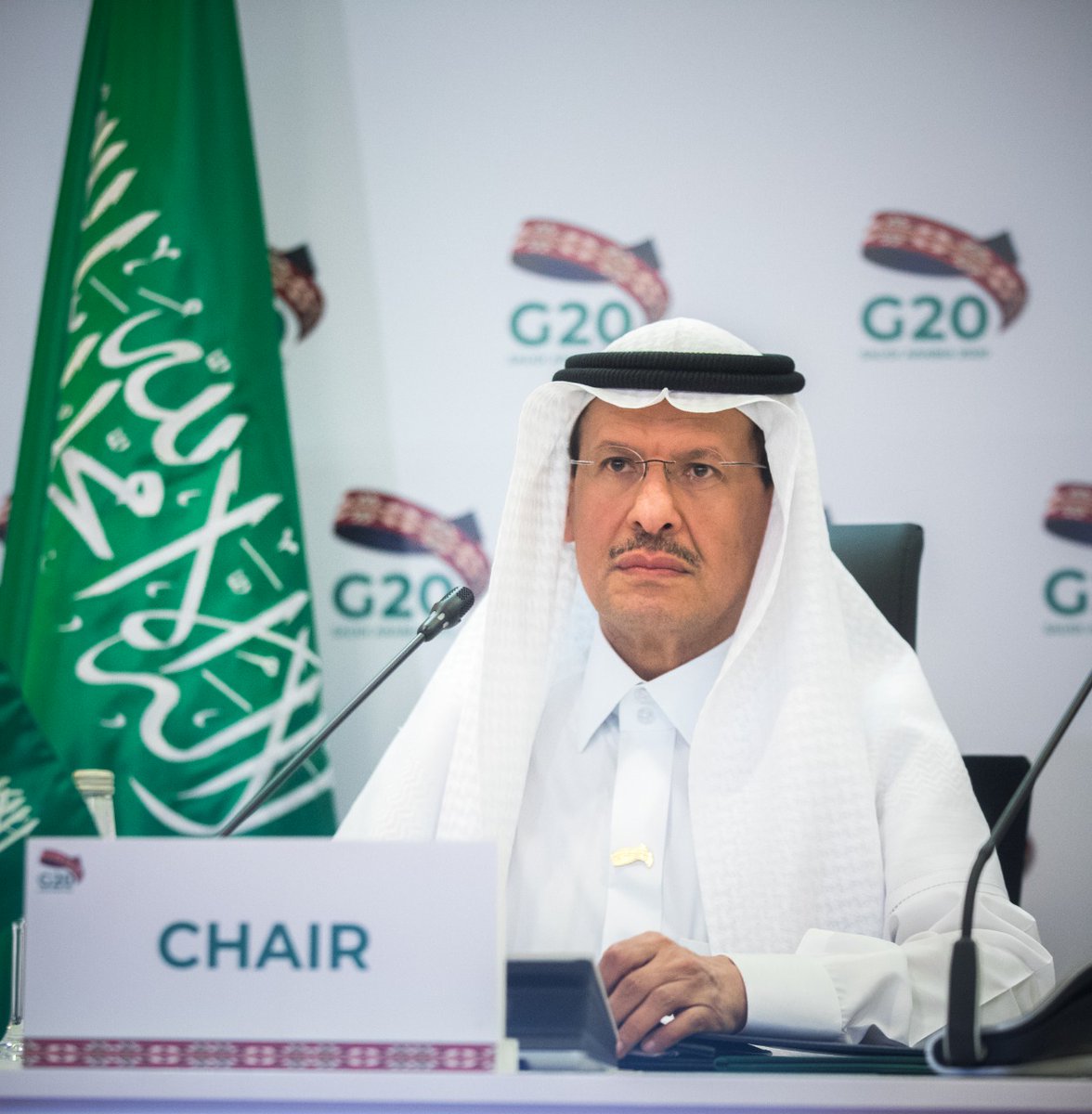
12:30 - The OPEC meeting held on Thursday was deemed "historic," despite the uncertainty surrounding it.
And the reason these talks are so important? MENA economies could face a $116 billion hit from coronavirus, and the oil price slump, according to the World Bank.

12:20 - The virtual meeting hosted by Saudi Arabia's energy minster via video conference (announced on April 7) gets started...
12:00 - The G20 talks, hosted by Saudi Arabia, are expected to seal the deal more widely with non-OPEC countries in the group including Mexico, the US and Canada.
The Kingdom, which currently holds the G20's rotating presidency, has said the talks were aimed at ensuring "market stability".
"I am looking forward to today's extraordinary meeting of G20 energy ministers. I hope that it will help restore some much-needed stability to oil markets," said Fatih Birol, the head of the International Energy Agency (IEA).
"The extreme volatility we are seeing in oil markets is detrimental to the global economy at a time when we can least afford it."
Thursday's production cut agreement hinged on Mexico's consent for it to take effect, the Organization of the Petroleum Exporting Countries said early Friday after an hours-long meeting.
The main sticking point was Mexico's refusal to sign up to its share of cuts under the deal, which would have been 400,000 barrels per day, Bloomberg News reported.
Mexican Energy Minister Rocio Nahle Garcia tweeted that her country had suggested a cut of 100,000 barrels.
(With AFP)




